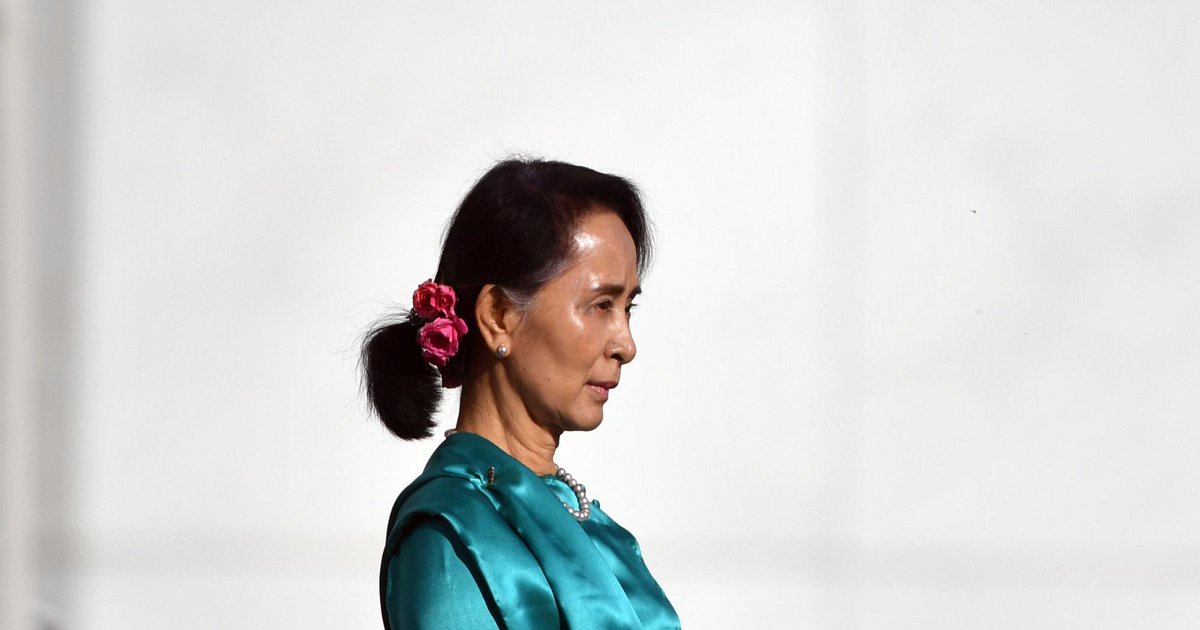
The NLD has also taken a similar stance to the military regime on citizenship. Inhuman and brutal treatment of those regarded as ‘illegal immigrants’ and non-citizens, notably the Rohingya, has continued.
After the carnage of the military’s ethnic cleansing campaigns of 2016-17, which led to a backlash from the West, Suu Kyi took the vociferous lead in dismissing all allegations. When she staunchly defended the military’s actions at the International Court of Justice, many thought that her pact with the generals was cemented. But it seems it did not turn out that way.
Where and when did the falling out occur? It was not one overarching event but a conglomeration. Divergent approaches emerged, like in the armed conflict in Rakhine between the security forces and an ethnic minority insurgent group, where the military believed it was not receiving the political support it needed.
Although Suu Kyi continued the peace process with much fanfare, she failed to pay attention to the key demand from ethnic groups – real, and not nominal, autonomy. She is too much of a Burman majoritarian at heart and believed, similarly to the military, that autonomy would lead to secessionist tendencies.
Suu Kyi also failed to engage with the National Defence and Security Council (NDSC), a top constitutional body composed of both military and civilian members. It is supposed to meet regularly to attend to security matters of national importance. She did not convene a single meeting in five years, much to the chagrin of the military.
Finally, General Min Aung Hlaing’s personal ambition was also a factor. He is due to retire from the military this year. Now he has become junta chief and head of the new cabinet and governing council.
Tensions at fever pitch
When soldiers plan a coup, it is usually done carefully. The Myanmar junta would likely have factored in a negative public backlash, and courted a broad range of religious leaders.
However, it may have underestimated the public mood. The majority of the Myanmar public regard the very thought of a coup as abhorrent and the last thing people want is a return to military dictatorship. A protest movement – led by health personnel, academics and students – has brought tens of thousands onto the streets. Most of the protesters are young, some won’t remember the 2010 election, the first multi-party election since 1990.
In the days before the coup, there were talks between the military and the NLD. From the details that have emerged, it appears that the military demanded a revision of the election results and called for a special session of parliament and of the NDSC. These were rejected. By that time tensions had risen to fever pitch.
Besides the substance of the negotiations, the mode and the process matter too. While the military can resort to armed force, at the negotiating table generals are restricted by the constitution. At a foundational level, politics is also the art of the compromise. It appears that these skills are missing in the present context. Neither side can afford to stonewall everything. And it’s tragic that the public has to continually pay for these top-level failings.
There will be public sympathy for Suu Kyi, now back in the role of underdog. However, despite her past successes, she has regularly let the country and its people down.